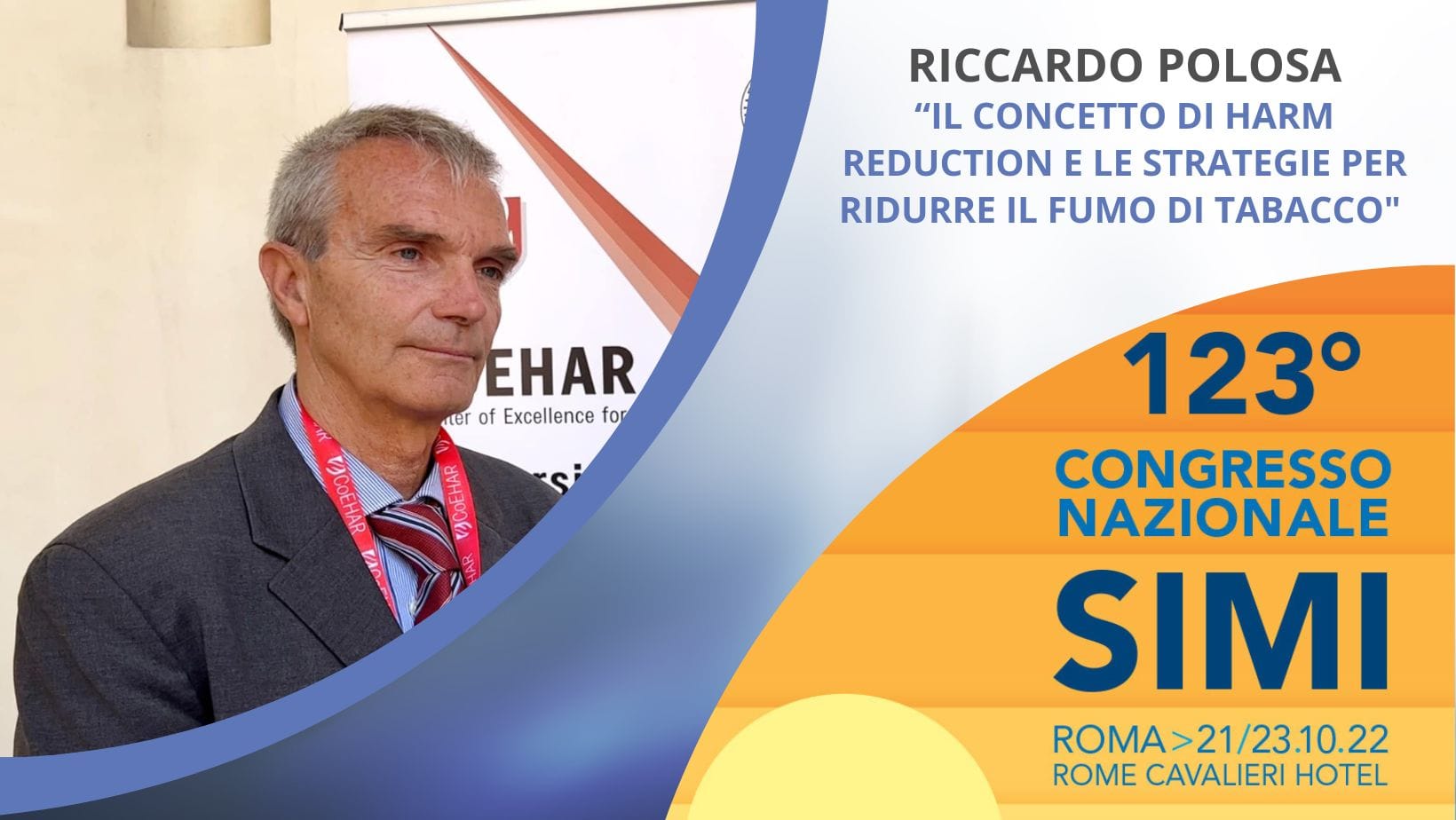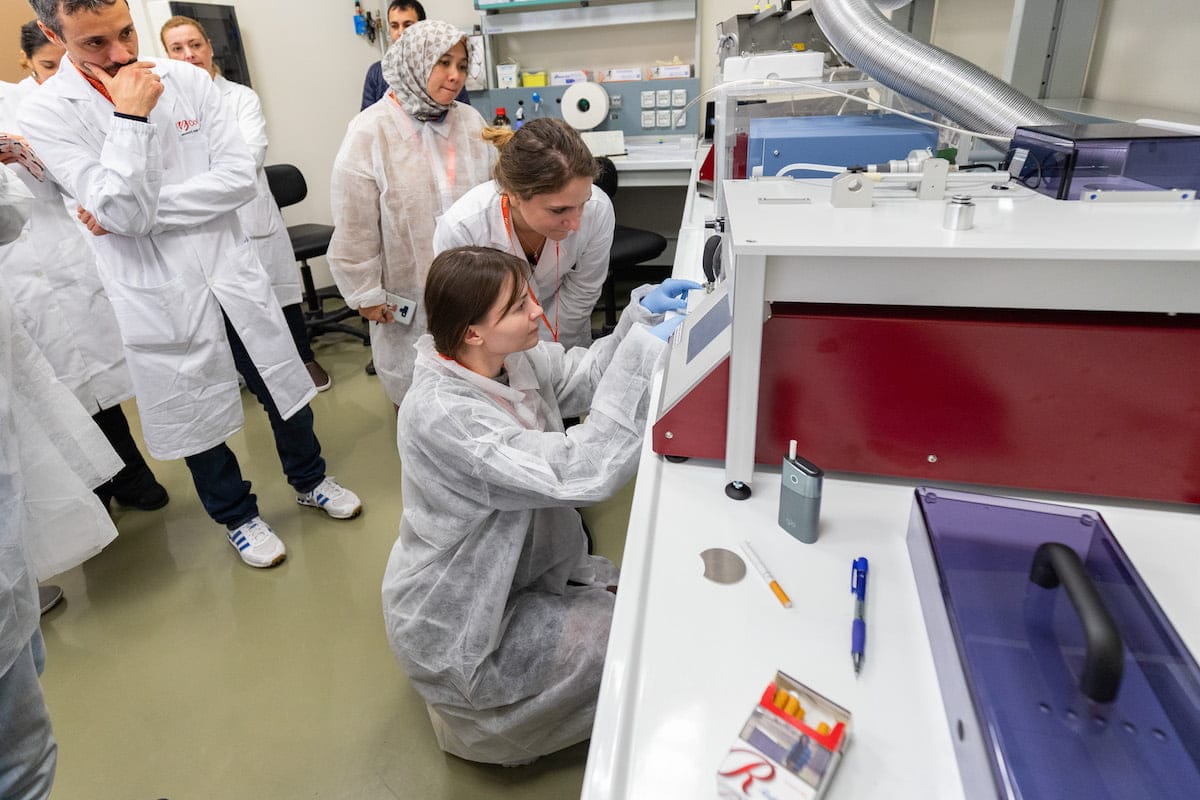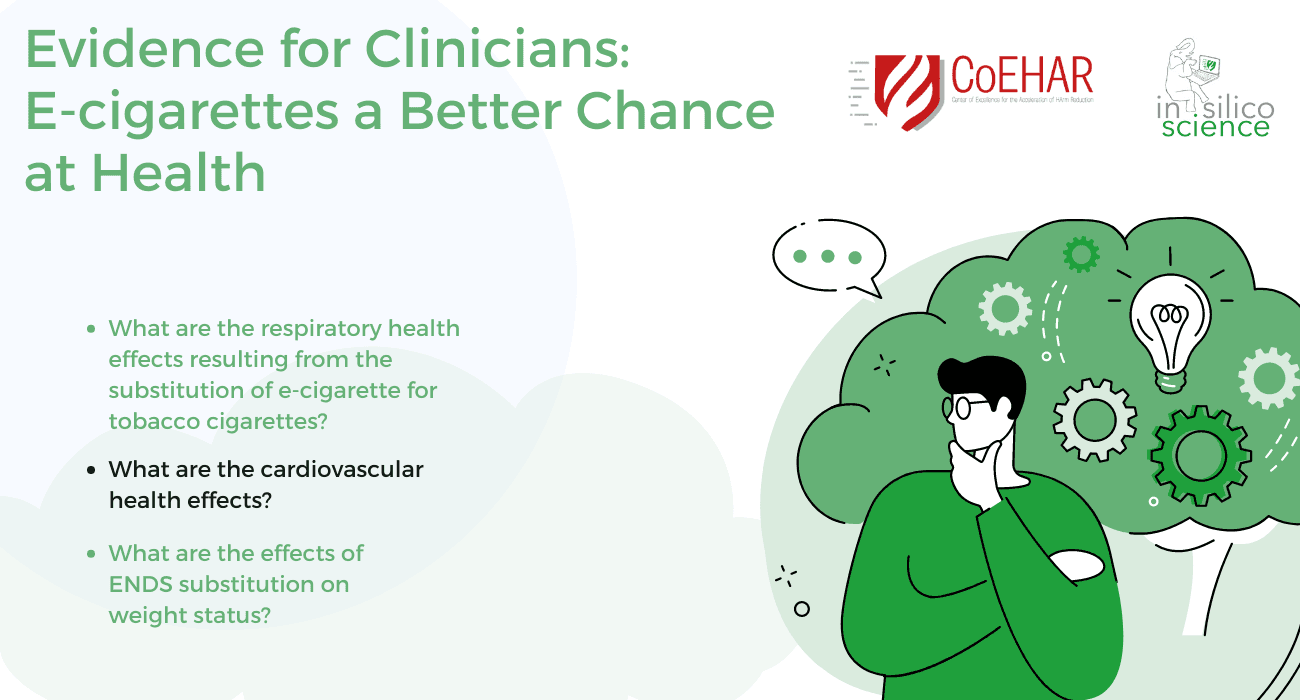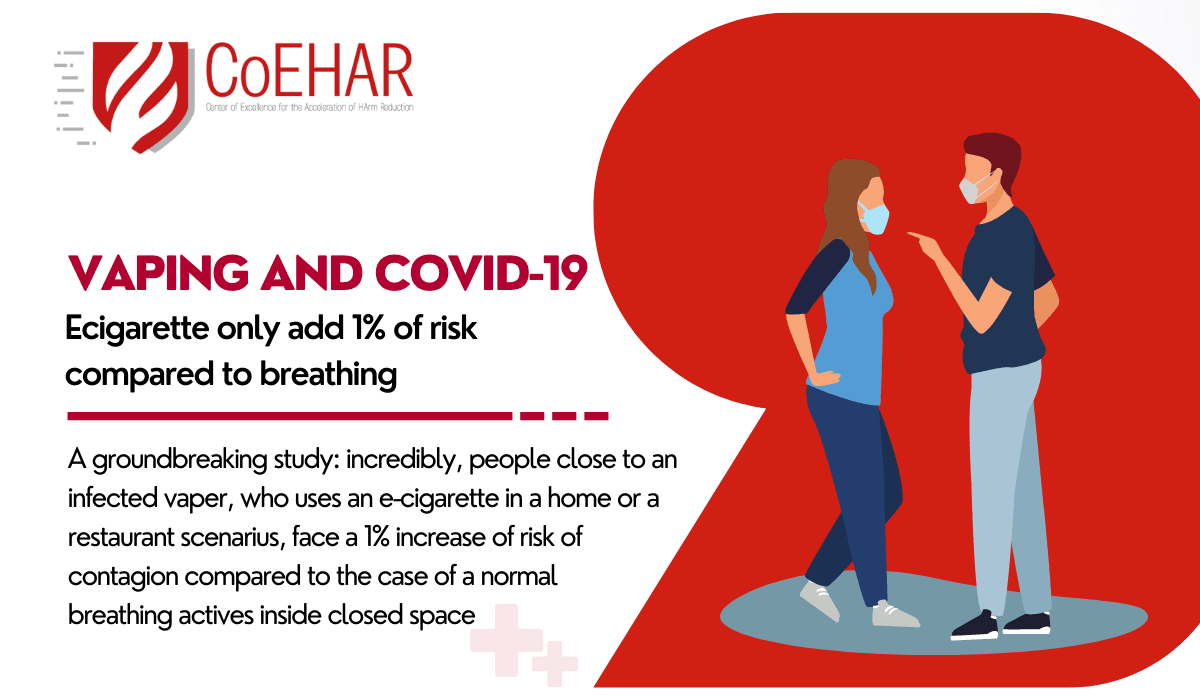An independent review by the Replica project team examines the impact of tobacco smoke and electronic nicotine delivery systems use on oxidative stress, the precursor of the so-called tobacco related diseases (respiratory and cardiovascular diseases, tumors). To date, the scientific evidence available constitutes a puzzle of information, which, despite experimental and procedural limitations of international studies , already shows a reduced impact of ENDS on oxidative stress compared to cigarette smoking, even if some research have concluded that they do not completely eliminate it, leaving the question still pending










